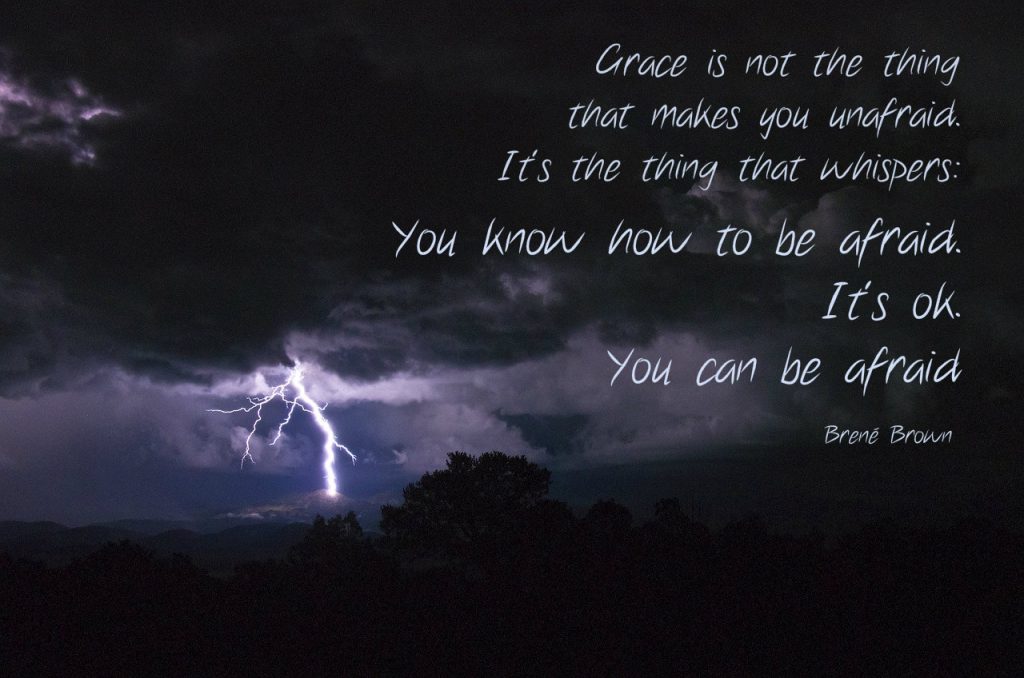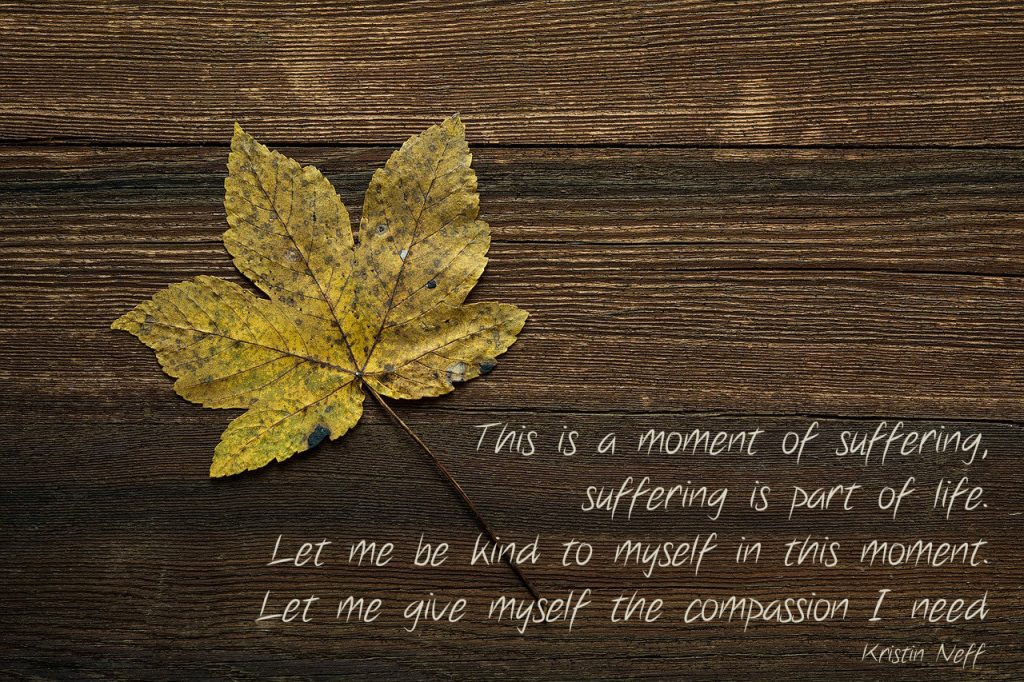I blogged recently about the ways in which money/debt problems, at their root, aren’t really about money.
It follows then, that the way to get out of money/debt problems isn’t about first worrying about the budgets, or debt consolidation, or developing a spreadsheet. Those things are important…but not the first line of resolution.
So here then, are some things to do as the first acts of getting out of debt:
1.Talk about your debt. Out loud. To another person.
Whoa! Did she really just write that?
Yep.
Hey, Carolyn, that’s harsh. That’s really hard.
I’m so ashamed of the mess I’m in. If I tell anybody, what will they think of me?
Then they will know for sure I’m a failure.
Respectfully, I see it differently.
I see it as self-kindness.
How many people do I have to tell? Who do I tell?
I’m not suggesting you rent a billboard to broadcast to the city that you are in debt. I’m talking about letting a trusted friend in. About finding someone who is compassionate and understanding. Pick your person carefully and knowledgeably.
Umm…say again…what the heck makes telling someone about something worth it?
I mean, why would I tell anyone about my debt load?
About getting out from under the weight of the secret.
The crushing weight of a secret is so hard…and when life gets that hard, we want to numb. And folks who are in debt often have a “go to” strategy to numb: Spending $$. Getting in it deeper.
When you tell someone who cares about you about your secret, someone who is kind and loving…they see the courage it took for you to tell them. They honor your courage. They see how much you don’t like being in this situation. They remind you of the truth that you are more than your debt and you matter to them.
Once you tell someone, it will change the situation. It goes from:
- a millstone around your neck to a problem that needs resolution.
- “This is who I am” to “This is what I’ve done“
- “This is so terrible no one will ever love me” to “This is daunting and scary and will take a long time, but I am still acceptable.”
- Something that you dig into and look at the underlying reasons for the spending…how you are attempting to solve one problem, but in doing so, you create another.
- Having someone else know creates a level of candidness where you look deeper and are more honest with yourself.
Pick who you disclose to carefully. That person should:
- know the difference between who you are and what you’ve done (and we’ve all done things that haven’t represented us well)
- know enough about life to help you figure out a plan…even if all they know is that the two of you need to figure out who to talk to, and has the confidence to start making phone calls
- know that you need to figure this out with help, and not be rescued from the situation. Please don’t let that person get you out of debt directly. This is NOT about asking them to pay your debt off!
The accountability that happens when someone else knows about your excess spending and asks about it will feel like a gift.
2. Be kind to yourself in hard and real ways
When I was aware that I was eating for the wrong reasons, I did an experiment: I stopped eating dessert for months. When I am stressed and am tempted to binge-eat, I don’t buy my favourite potato chips. Do I still overeat at times? Absolutely…and I’m not proud of it. But I work at being conscious of it.
I use harm-reduction strategies.
I put myself in situations where screwing up is harder…because ultimately, I don’t want to screw up.
Work ahead to save yourself from your vulnerable moments.
For those looking to get out of debt, self kindness in the harm reduction starts with living on cash.
So…consider cutting up all your credit cards.
If you absolutely need a credit card (and it’s easy to be convincing of this when you need one to rent a car or make an online purchase), make that card difficult to access:
- Give it to a friend who you need to convince before you are allowed to use it.
- Put it in an bucket of water and store it in the freezer.
Find other ways to make an over-spending lifestyle more difficult:
- Find a buddy to make a game of accountability. You won’t get a morning coffee from a coffee shop for a month. And in turn, you can ask her if she went for the evening walk that she has committed to. Encourage and support each other. Make it fun.
- Know your vulnerabilities…if you buy when you’re stressed, avoid the mall. Prepare some alternatives that are at the ready for when the stress hits. If you shop online late at night, set your computer to have an automatic shut off mid-evening. Get creative. Get kind.
- Make a commitment to record your every expense. This is an activity of mindfulness. Writing down every expense will help you see where the money goes. It will provide a time of contemplation and sober second thought. It will help you become more aware of the consequences of your spending habits.
Have fun with it. Enjoy it, even in the hard.
This is kindness.
3. Teach your heart to fear
In this world of “instant”, we aren’t good at sitting with uncomfortable feelings. We can put music on, play a video game, look on Facebook, or in any number of a hundred ways, find a way to avoid our feelings fast.
The end result is that we aren’t good at sitting with hard feelings of fear, loss, loneliness and heartache.
We hurt because we are human…and we don’t know how to hurt…so we numb.

It means practicing stillness precisely at the moment when it’s hard to be still.
It means listening to the pushes and pulls that are convincing you to spend money. Listening to your inside world is hard.
But it’s worth it.
It won’t be easy to implement financial strategies. It won’t be easy to consider a consolidation loan. It won’t be easy to put a hold on purchasing in the style you have long enjoyed. It won’t be easy to reduce expenses and/or increase income. Getting out of debt is playing the long game.
But usually things that are worthwhile are hard. And accomplishing something hard feels great.
If you, or someone you know, is burdened by debt and struggling to understand the reasons why they make poor spending choices, give us at call at 204 275 1045 or shoot us a message via our contact page.







2 Comments
I would like to see a post like this on the issue of over-eating. I know some of this crosses over but something specific to that would be great.
Hit the nail on the head!! There are a lot of parallels for sure…and as an person that is prone to overeating when stressed, it felt like a lot of parallels. I did blog a couple of times on overeating…but I’ll consider it again:
100 days of no dessert
100 days of no dessert, Part 2
Write a Comment
Categories